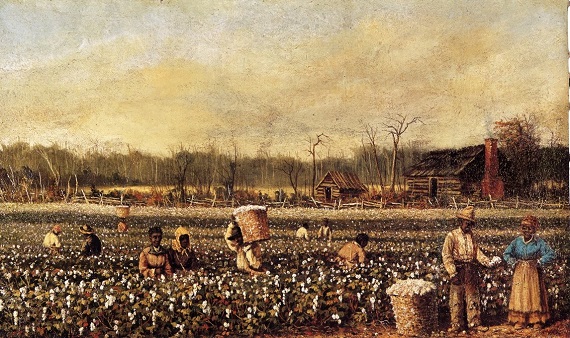
“…the individualism of the plantation world would be one which, like the backcountry before it, would be far too much concerned with bald, immediate, unsupported assertion of the ego, which placed to great stress on the inviolability of personal whim, and which was full of the chip-on-the shoulder swagger and brag of a boy–one in brief, of which the essence was the boast, voiced or not, on the part of every Southerner, that he would knock the hell out of whoever dared to cross him.”
Because we live in such a hurried time, we hear countless “noises” but have little time to appreciate the actual “sounds.” Sound is a sensation that you can feel, not just something you can hear. To understand this idea, consider how some musicians have actually played concerts for the deaf, who cannot hear the music but still feel the vibrations. These “feelings” that sounds give us are actually changing our molecular structure. We could examine water under a microscope while playing different sounds and would observe the transformation of the water molecules. Similarly, since our bodies are about 70% water, we are affected in the same way. Music has the power to physically transform us: it will make people aggressive in a mosh pit, hoedown at a square dance, or twerk in a nightclub. Aristotle, in his work On the Soul, wrote that “all bodies are capable of being affected by smells and sounds, but that some on being acted upon, having no boundaries of their own, disintegrate, as in the instance of air, which does become odorous, showing that some effect is produced on it by what is odorous?” Just like Aristotle stated, our bodies are affected by sound.
More @ The Abbeville Institute

I do see that music "moves" people. Mostly in incongruous ways. Most music today moves me to turn it down or change the station. I don't get the significance of music or why it matters.
ReplyDeleteMost music today moves me to turn it down or change the station
DeleteMe too.